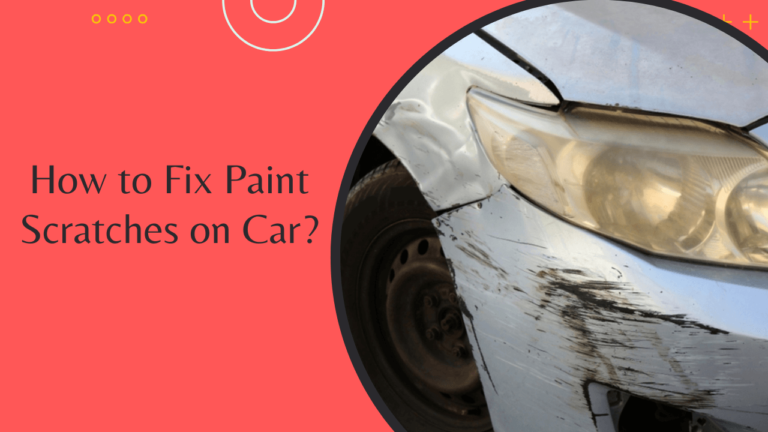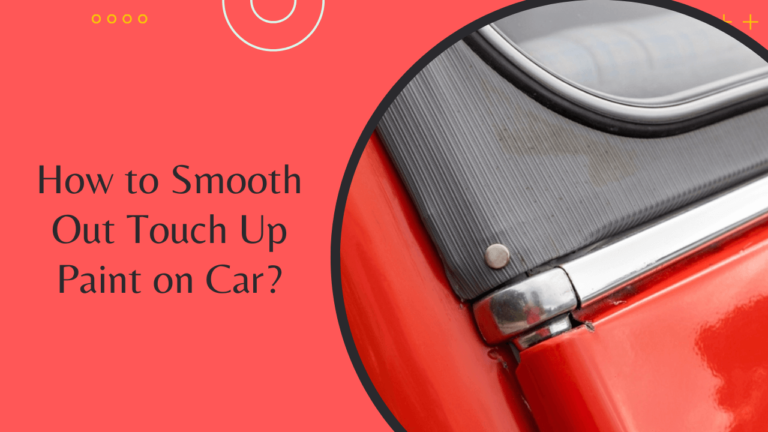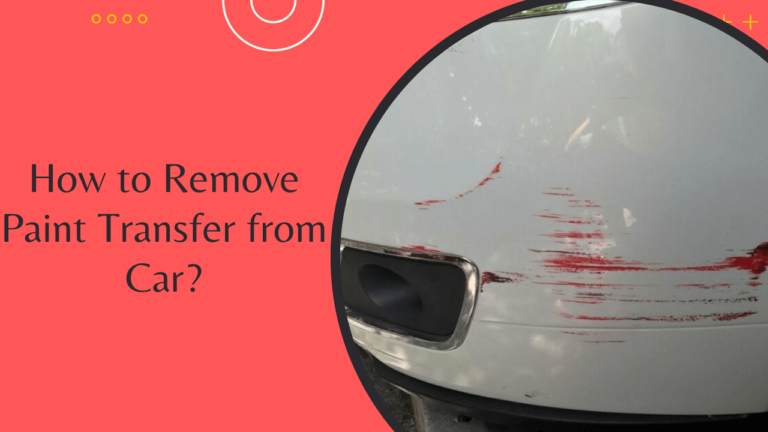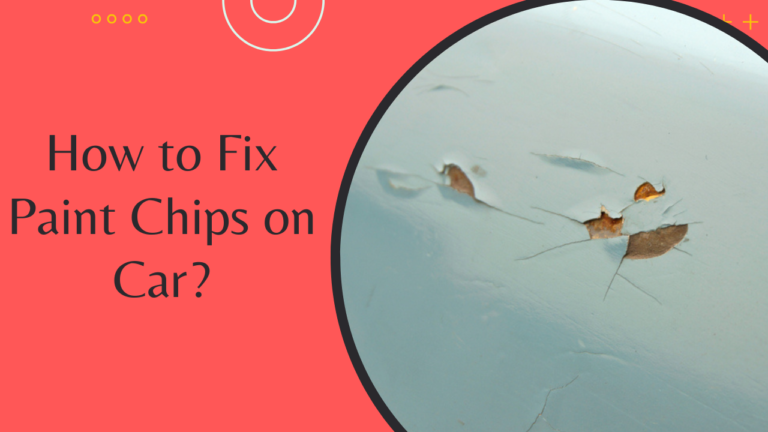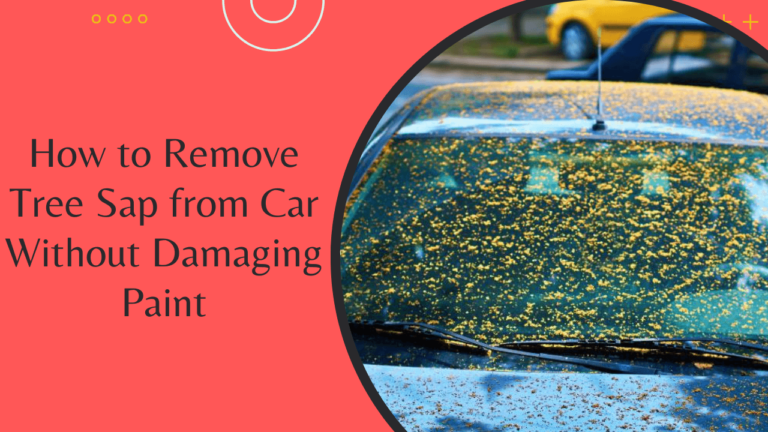How Much Does It Cost to Paint a Car?
Introduction How Much Does It Cost to Paint a Car?
Car painting is essential for car maintenance since it improves look, value, and lifespan. To prepare for a vehicle paint job, whether it’s a little touch-up, complete body repaint, or high-end bespoke project, know the prices.
In this extensive guide, we’ll discuss all the aspects that determine automobile painting prices, present pricing ranges for different paint jobs, and explain how they affect the entire cost. Check out our ideas for maintaining your new paint job to keep your automobile looking great for years.
Factors to Consider When Estimating Car Painting Costs
Car painting costs depend on various variables. These aspects vary widely and should be understood in depth.
Type of Paint
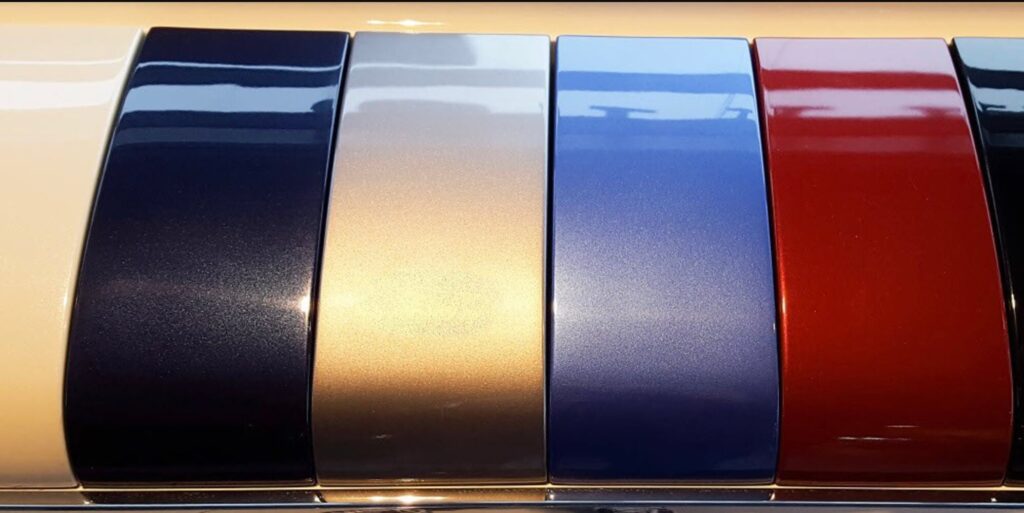
Paint type is a major cost factor. You may get acrylic or enamel vehicle paints for $100 per gallon. Luxury paints like metallic or pearlescent give automobiles a particular shine and cost $300–$600 per gallon. Matte coatings may cost $1,000 per gallon for a sleek, high-end effect. Your car’s paint influences its cost, durability, and look.
Quality of the Paint Job
Paint quality also affects cost. One coat and minimum preparation are usual for a simple paint job. Budget auto shops do this for older or resold autos. Basic jobs cost $300–$900.
Mid-range paint jobs cost $1,000–$3,500 and need more preparation and layering. For affordable automobile styling, they are the best alternative. Finally, premium or showroom-quality works, where the paint is carefully done and numerous coats of base coat, color, and clear coat are added, may cost $5,000 to $15,000 or more.
Size of the Vehicle
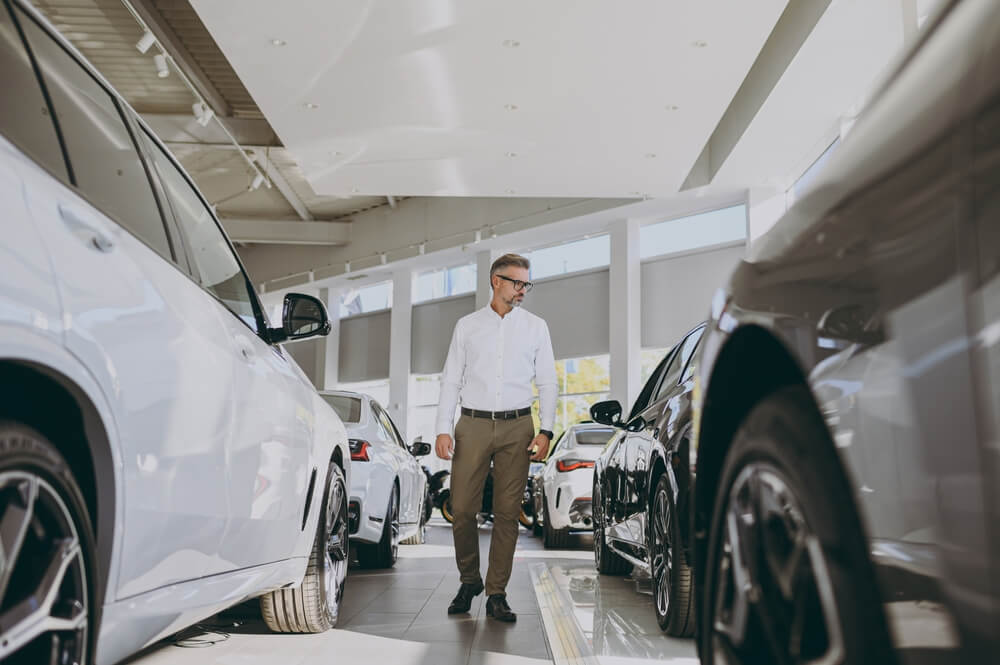
The size of your car affects paint work costs. Smaller automobiles cost less because they need less paint and labour.
An inexpensive small automobile with one or two gallons of paint may cost $400–$1,000. Larger vehicles like SUVs and trucks cost $1,500–$4,000 to paint and take longer.
Paint Preparation and Repairs
Your automobile must be ready before painting. Sanding the paint, fixing dents, and potentially removing rust are required. Minor preparation may cost $50–200 if your automobile is in excellent shape.
Major repairs like corrosion or huge dents might cost $500–$2,000 or more, depending on the job. More prep work means more time for the paint shop to prepare the surface for painting, raising the cost.
Labor Costs
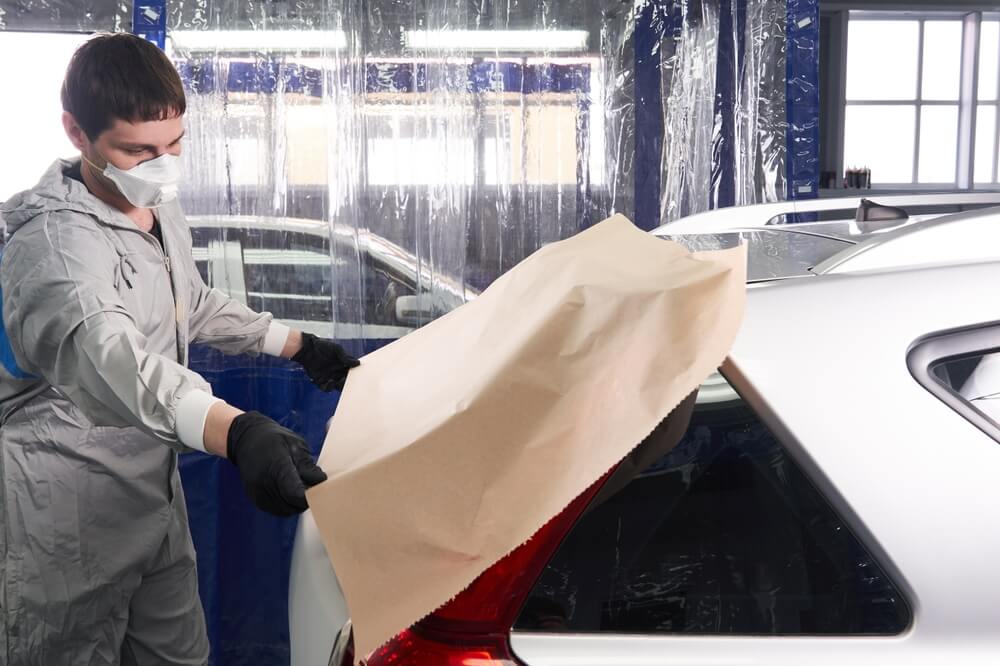
Labour is another key painting cost. Auto body shops charge $50–100 per hour, depending on location and competence. Painting takes 10–40 hours, depending on complexity and quality.
A basic paint job costs $500 to $1,500, but more sophisticated jobs requiring many coats, unique colours, or designs might cost up to $4,000.
Breaking Down the Costs for Each Type of Paint Job
Examine each paint job’s cost.
A $100–300 paint job, depending on quality, is typical. Labour costs are $500–$1,500 due to little preparation and paint applications. Average paint jobs cost $300–$900.
Mid-range paint jobs employ high-quality primers, base coats, and clear coats. Materials cost $400–$1,000. Work takes longer and requires greater precision, therefore wage costs will be $1,500–$3,000. Thus, mid-range jobs cost $1,000–$3,500.
Custom colours, metallic paints, and clear coatings for shine and protection are required for showroom-quality finishes. Materials alone cost $1,000–$4,000. These complex tasks may need $8,000 in manpower. Thus, excellent projects cost $5,000–$15,000 or more.
| Type of Paint Job | Cost Range | Description |
| Basic | $300 – $900 | One coat of paint, minimal preparation, often for older vehicles or resale. |
| Mid-Range | $1,000 – $3,500 | Several coats, better surface prep, lasts longer, provides a more uniform finish. |
| Premium or Showroom-Quality | $5,000 – $15,000+ | High-end finishes, custom colors, multiple coats, showroom or collector’s cars. |
DIY Car Painting – An Affordable Alternative?
DIY painting is an alternative for those on a budget. However, DIY painting involves specialized skills and equipment, and mistakes might cost more in the long term.
Tools and Equipment
Auto painting requires a $100–$500 spray gun. An air compressor ($200–$1,000), sanding tools, safety gloves, and paint thinners are required. They may add $100–300 to your bill.
DIY Paint Cost
The paint alone will cost $100–$1,000, depending on the kind. All equipment and supplies for a DIY paint job might cost $500–$2,000. This is cheaper than hiring an expert, but the finish may be worse and errors are expensive to rectify.
Additional Costs and Considerations
Some additional expenses are often overlooked but can significantly increase the cost of painting a car:
- Customization – Depending on intricacy, custom colors, images, or finishes like two-tone or fade applications might cost $1,000 to $5,000.
- Paint Protection – Paint protection film (PPF) extends the life of fresh paint. This costs $500–$2,000, depending on coverage.
- Clear Coat and Sealer Application – Clear coats provide lustre and protection to paint. A decent clear coat job costs $500–$1,500, depending on vehicle size.
Final Words
A good paint job improves a car’s look and protects it from the weather, retaining its value. Understanding the cost structure ensures every dollar invested pays off. Whether you choose a simple or luxury makeover, being informed is crucial to pleasure.
Frequently Asked Questions
1. How long does a car paint job typically last?
A decent vehicle paint job may last 5–10 years, depending on paint, environment, and upkeep. Regular automobile washing, waxing, and protective coatings may extend paint life and improve appearance.
2. Is it possible to repaint just part of a car?
Yes, you can paint a door or hood. Spot repairs cost $150–$1,000, depending on location and damage. Matching fresh paint to old paint may be difficult, particularly with fading or older paint.
3. What should be done to protect the paint after a new paint job?
Wash the automobile regularly, avoid harsh chemicals, and use wax or paint protection film to keep the paint fresh. A car cover and shaded parking may also protect paint from UV radiation and bird droppings.

